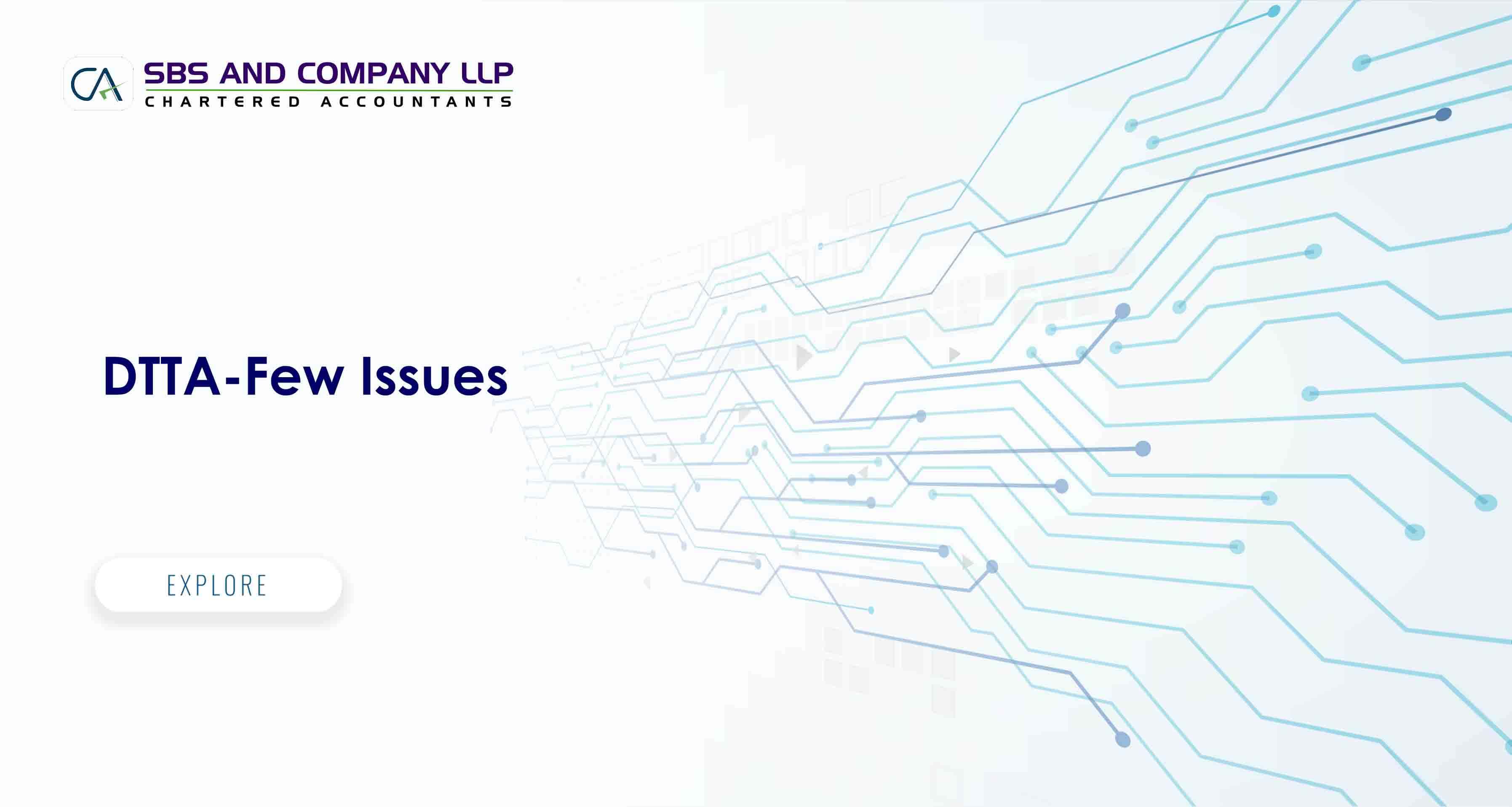Legal History:
Section 90 of the Income Tax Act, 1961(Act) empowers the Central Government to enter into agreement (Tax Treaties-aka DTAA) with Government of any country outside India or specified territory outside India for
- granting relief in respect of doubly taxed income or income tax chargeable under this Act and under the corresponding law in force in that country or specified territory, to promote mutual economic relations, trade and investment or
- for avoidance of double taxation of income under this Act and under the corresponding law in force in that country or specified territory or
- for exchange of information for prevention of evasion or avoidance of income tax chargeable under this Act or under the corresponding law in force in that country or specified territory or
- for recovery of income tax under this Act and under the corresponding law in force in that country or specified territory as the case may be
There are two modes of granting relief under DTAA. They are:
- Exemption Method and
- Tax Credit Method.
Exemption Method:
Under exemption method, a particular income is taxed in one of the two countries.
Tax Credit Method:
Under tax credit method, an income is taxable in both the countries in accordance with their respective tax laws read with the DTAA. However, the country of residence of the taxpayer allows him credit for the tax charged thereon in the country of source against the tax charged on such income in the country of residence.
Agreement vs DTAA:
In case of difference between the provisions of the Act and of the agreement, the provisions of the agreement prevail over the provisions of the Act and can be enforced by the appellate authorities and the court.
14 | P a g e
SBS Wiki www.sbsandco.com/wiki
Issue 1:
Whether income be exempted from tax in India if tax was paid outside India at a higher rate?
This issue was answered in case of ITO vs BESCO Engineering & Services (P) Ltd - ITAT KOLKATA.
Facts:
The Assessee is an Indian Company made equity investment in a Brazilian Company (Foreign Company). The Indian Company received dividend from the Foreign Company. Assessing Officer taxed the dividend on the contention that dividend received from foreign company is not exempt under section 10(34) of the Act.
Assessee has contended that the foreign company has already paid tax @34% on its profits which is in excess of the rate prescribed in paragraph 2 of Article 10 of DTAA with Brazil (i.e.,15%). However, Assessing Officer has taxed the dividend without referring to provisions of DTAA.
Assessee filed an appeal against the order of Assessing Officer before CIT(A). Order of the Assessing Officer was set aside by CIT (A). Revenue filed an appeal against the order of CIT(A).
Ruling by ITAT:
As per paragraph 3 of Article 23 of DTAA between India and Brazil where a company which is resident of a contracting state derives dividend in accordance with the provisions of paragraph 21 of Article 10 may be taxed in other contracting state, the first mentioned State shall exempt such dividends from tax.
Withholding tax rates for dividends is 0% as per Brazilian Tax Law and also as per DTAA if dividend is paid to non-residents. Hence the appeal of the revenue dismissed.
Issue 2:
Is Tax credit available in respect of deemed tax foregone?
This issue was answered in KrishakBharati Cooperative Ltd vs Asst. CIT - ITAT DELHI
Facts:
The Assessee held 25% shares in a foreign company registered in Oman. Assessee has received dividend income from the foreign company which was exempt from tax in Oman by virtue of Article 8(bis) of Omanian Tax Laws. The said dividend income was brought to tax in India as per the Act. The Assessing Officer allowed tax credit with respect to dividend income.
Subsequently Principal CIT revised the order of the Assessing Officer and disallowed the tax credit so claimed by the assessee. The CIT was of the view that as the assessee did not pay any tax in Oman owning to exemption, no foreign tax credit was available to it.
The aggrieved assessee filed an appeal against the order of the CIT passed u/s 263.
Ruling by ITAT:
Article 25(4) of DTAA between India and Oman lays down that tax payable shall deemed to include the tax which would have been payable but for tax incentive granted under the tax laws of the contracting state and which are designed to promote economic developments.
The exemption for dividend income was granted in accordance with the article 8(bis) and such exemption was granted with the objective of promoting economic developments within Oman by attracting investments.
The Order of CIT quashed and appeal of the assessee allowed.
Note: Such credit was allowed by the Assessing Officer in the past also. When there is no change in facts and the relevant provisions of the law the principle of consistency of approach should be followed.
Take away
One just has to read DTAA with different countries separately. Each DTAA has similarities and dissimilarities. We have to go through each DTAA and analyze the issue before drawing conclusions.



